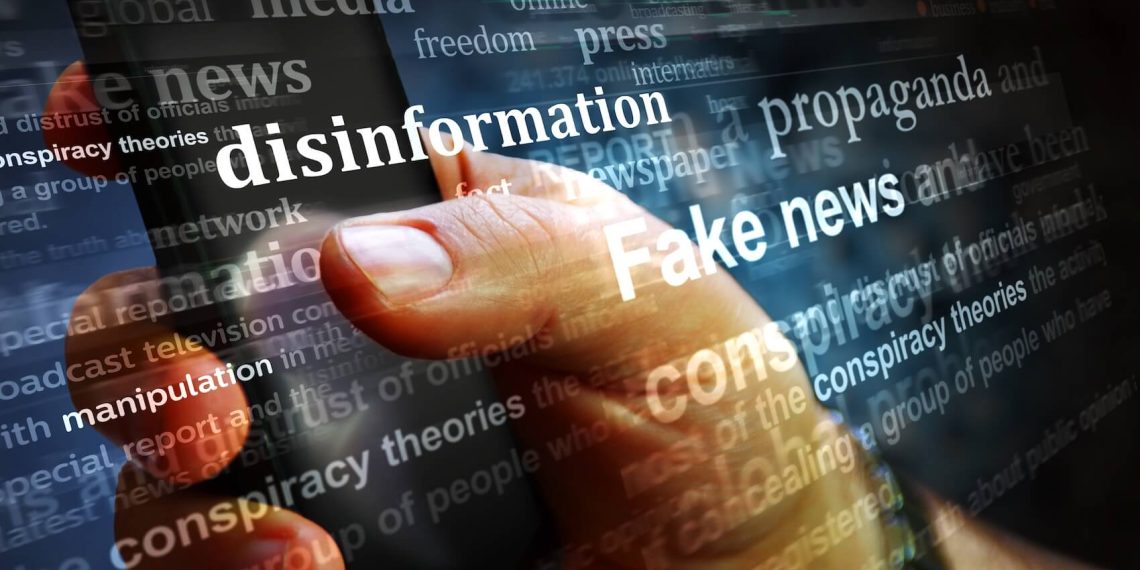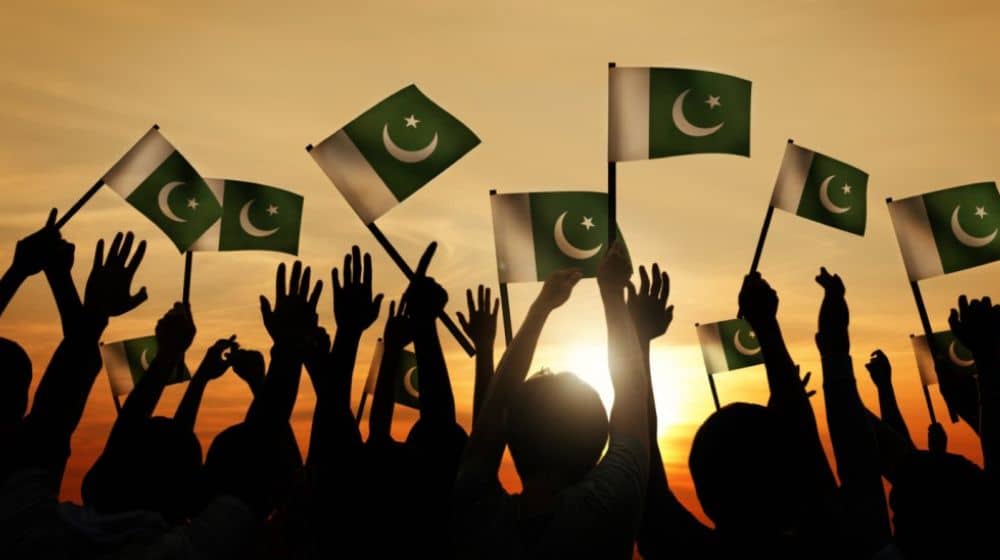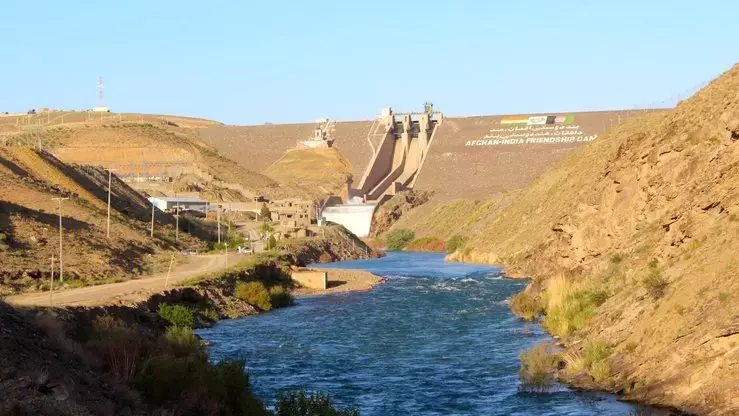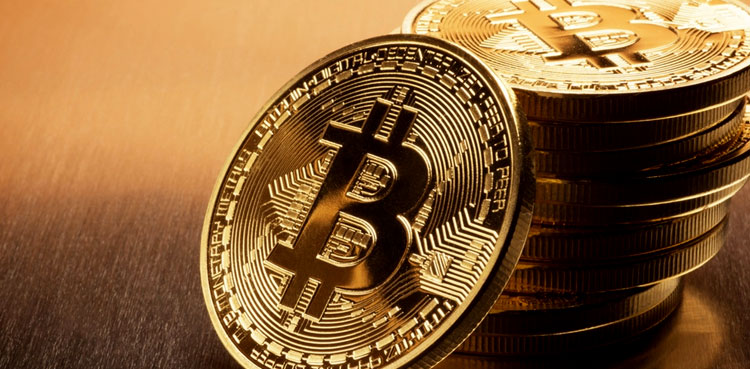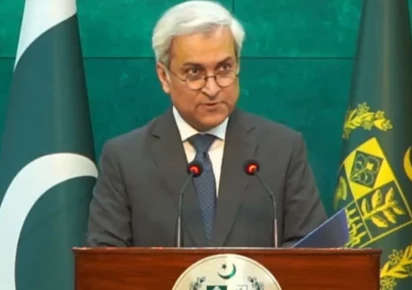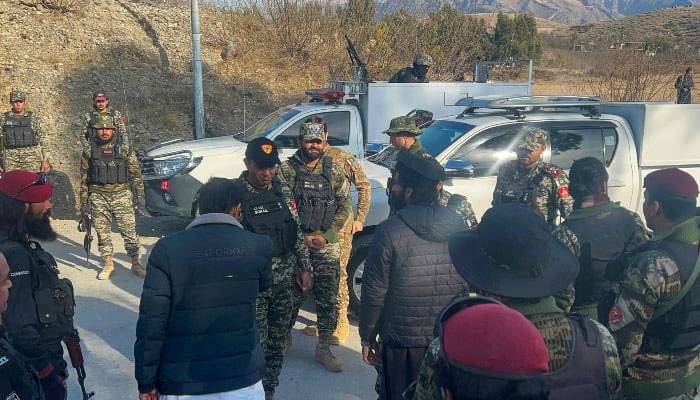With global power plays increasingly moving from one field of turf to another, Pakistan is always at the losing end of highly sophisticated financial warfare. What has replaced traditional kinetic conflicts are more insidious forms of hybrid warfare that comprise uses of economic tools such as manipulated credit ratings, International Monetary Fund conditions and trade restrictions to undermine national sovereignty. Let’s examine the covert economic tools employed against Pakistan and propose strategies to navigate this challenging financial landscape.
The manipulation of sovereign credit ratings is often overlooked, yet it plays a significant role in economic warfare. The evaluations provided by Moody’s, S&P, and Fitch carry excessive influence in foreign market investments and can greatly impact the fate of economies. Frequently, it is geopolitical changes, rather than rational economic indicators, that determine Pakistan’s credit rating downgrades.
In 2023 for example, Moody’s lowered Pakistan’s credit rating to Caa3, which rated heightened default risks. But this move had been launched even though Pakistan had met IMF obligations and its remittance inflow had remained steady. The downgrades came in such a way that borrowing became expensive and access to global capital markets became limited. There is a bias towards friendly nations that is not supported by economic fundamentals, as seen in the higher ratings given to neighboring economies with similar fiscal constraints, such as India.
Western hegemony has traditionally laid siege against nations which oppose it. Both Venezuela and Iran, facing US sanctions, had their credit ratings manipulated by the United States in an attempt to decrease foreign investments and bankrupt them economically. Likewise, Pakistan’s repeated downgrading is also used as a tool to keep it economically dependent on the financial institutions that are dominated by the Western world, thereby depriving it of the option to become self-reliant and make its independent policy.
In theory instituted to guard the financial balance, the IMF is rapidly becoming a tool to enforce strategic restraints on Pakistan. Conditions attached to bailout packages are often structured in such a way as to diminish national economic sovereignty. However, economic reforms need to be brought about without such emphasis on the structural adjustment programs, in which the IMF is demanding cuts in subsidies as well as increased taxes that stifle growth rather than ensuring it.
For instance, some of the mandated decisions under Pakistan’s IMF agreements include devaluation of currency, raising of electricity tariff and removals of subsidies that lead to inflationary shocks and social unrest. Often, the timing of these demands seems very suspect. IMF conditionalities were tough in 2023 just before Pakistan’s national elections, disrupting the economy and eroding public confidence in governance. This situation is very similar to the economic coercion strategies that Greece faced during its financial crisis. The IMF implemented austerity measures that prolonged the crisis without addressing the underlying problems.
The second point is that Pakistan’s strategic role in China’s Belt and Road Initiative and the China-Pakistan Economic Corridor will make it an ideal target of financial sabotage. Western interests have subtly pressured the IMF to expose Pakistan’s Chinese, CPEC-related debts while overlooking Western institutions with a narrative of Chinese debt trap despite the contrary. Firstly, this decision is not solely driven by economic considerations; rather, it aims to further a broader geopolitical agenda: to counterbalance China’s increasing influence in South Asia.
In addition to financial institutions, trade restrictions are the other key element of economic warfare. Pakistan has been isolated in many forms of its economy, mainly in the textile and manufacturing sectors, which constitute the bulk of its exports. Even as regional economies with similar problems have continued to enjoy trade privileges, the European Union’s Generalised Scheme of Preferences Plus status, which gives preference to favorable tariff conditions, has been threatened over and over again on the grounds of human rights.
Russia is another historical parallel, as the country has been hit by waves of trade sanctions in a bid to break its economy ever since it annexed Crimea in 2014. In terms of economics, the West’s playbook focuses on shutting the market off, keeping countries dependent on international financial institutions and through the means of economic coercion, dictate its foreign policy choices. A similar trend is being seen in Pakistan where the threat of repeated US revoking of trade privileges along with financial leverage applied through international financial bodies are a common feature.
Also, Pakistan’s access to modernisation of its industries has been further restricted as a result of high-tech export restrictions to Pakistan on the pretext of concerns with dual-use technology. For instance, in 2019, US trade restrictions on semiconductor and defense-related technologies, furthered Pakistan’s dependency on external suppliers in procuring critical equipment to the economy.
Economic warfare tactics must be recognized by Pakistan, followed by the development of a robust counter strategy focused on economic sovereignty, diversification, and financial resilience.
Pakistan will have to reduce its reliance on the Western-dominated markets by strengthening economic relations with nontraditional partners, especially the member states of the Shanghai Cooperation Organization, BRICS countries and the African markets. Having a diversified trade portfolio means that the country will not be as vulnerable to targeted trade restrictions and will have more economic bargaining power.
Pakistan is too dependent on the IMF and World Bank and becomes vulnerable to external pressures. Other sources of more alternative funding with fewer political strings attached could be strengthened regional financial mechanisms, including deeper engagement with China’s Asian Infrastructure Investment Bank or leverage Islamic banking structures.
In the tech and defense sectors, Pakistan should be investing in domestic manufacturing capabilities to reduce vulnerability to import. This can ease the constraints brought by Western entities as Chinese and Turkish collaborations for defense and industrial products transfer can take place.
Given the recurring devaluation shocks caused by the IMF’s imposed policies. Pakistan can take up de-dollarization strategies on the lines of Russia and China. If trade settlements are growing in local currencies and there are stronger currency swap agreements with key trading partners, these will lessen the effects of the coercion of the dollar-based financial system.
Diplomatic maneuvering is so inherently wound up with economic warfare. China should actively participate in the multilateral forum to counter the narrative which is painting Pakistan as an unstable investment destination. Assessments of credit are susceptible to unfairness and bias exhibited in financial policy treatments, and strategic public diplomacy may serve a vital function in the fair and balanced treatment of any country.
Pakistan’s economic challenges are not just because of poor domestic policies but because of an orchestrated hybrid war strategy to keep Pakistan economically vulnerable. By identifying and combatting these covert financial measures, Pakistan will be able to regain its economic sovereignty in pursuit of domestic welfare and economic development. Looking ahead, the next economic steps must combine pragmatic decision-making with strategic countermeasures against external economic challenges. However, if effectively implemented, these economic challenges can be turned into opportunities for a stronger and sustainable economic movement for Pakistan.
Disclaimer: Opinions expressed in the writing are the author’s own and do not represent the policy of Khabar Kada.


